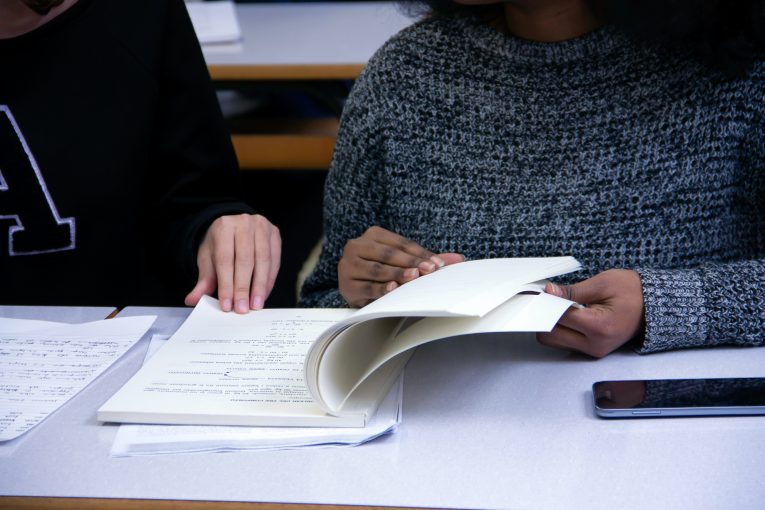
The series of events of the Intensive Course on the Development of Advanced Research in the Field of Science continued Tuesday (5/4) by discussing the field of specialization in Educational Psychology. The discussion on the area of specialization this time was attended by more speakers than in the previous sessions.
In the first session, present as speakers, namely Edilburga Wulan Saptandari, M.Psi., Ph.D & Ammik Kisriyani, M.A who discussed the topic “The Importance of Cognitive Mapping for Tailoring Intervention in Educational Setting”. At the beginning, Edilburga asked the participants how they felt when the learning process changed from daring to offline or vice versa.
Based on the data collected simply, there are several complaints from both teachers and parents regarding the learning process during the pandemic. Teachers and parents at an early age complained about independence, attachment, social-emotional skills, and pre-academic competencies. Meanwhile, teachers and people who have elementary school age reveal obstacles about to basic calistung abilities, breadth of knowledge, and social-emotional skills. For teachers and parents who have teenage children, both junior high and high school, they stated that the obstacles related to understanding concepts, motivation, goal setting, self-regulation, and learning.
Next as the second speaker attended Dr. rer. police officer Bhina Patria, M.A who discussed the topic “Writing Group Program Reducing Academic Procrastination: A Quasi-Experimental Study”. The topic is discussed based on the phenomenon of how long it takes a master’s student to complete his final assignment or thesis. Based on data collected by Bhina, the speed of master’s students in working on a thesis was 10 months in 2019. This data is faster than in 2014 where the speed of master’s students in working on a thesis was 21 months.
Some of the efforts that have been made by the campus to speed up thesis work are issuing the Rector’s Decree No. 11 of 2016 and provides thesis preparation courses which are held in semester 2. Thus, when students do not take a thesis in semester 3 and have basic information related to thesis preparation.
Finally, present as the final speakers were Elga Andriana, M.Ed., Ph.D and Dian Mufitasari, Psychologist who discussed the topic “Inclusive Education in a Post-Covid World: An Educational Psychology Perspective”. According to UNESCO, inclusion is a process to overcome the barriers that limit the existence, participation, and achievement of students. Some of the things that were also explained by Elga and Dian through these topics were previous themes that had been researched in previous years, such as self-efficacy, cognitive load, motivation, and student learning.
